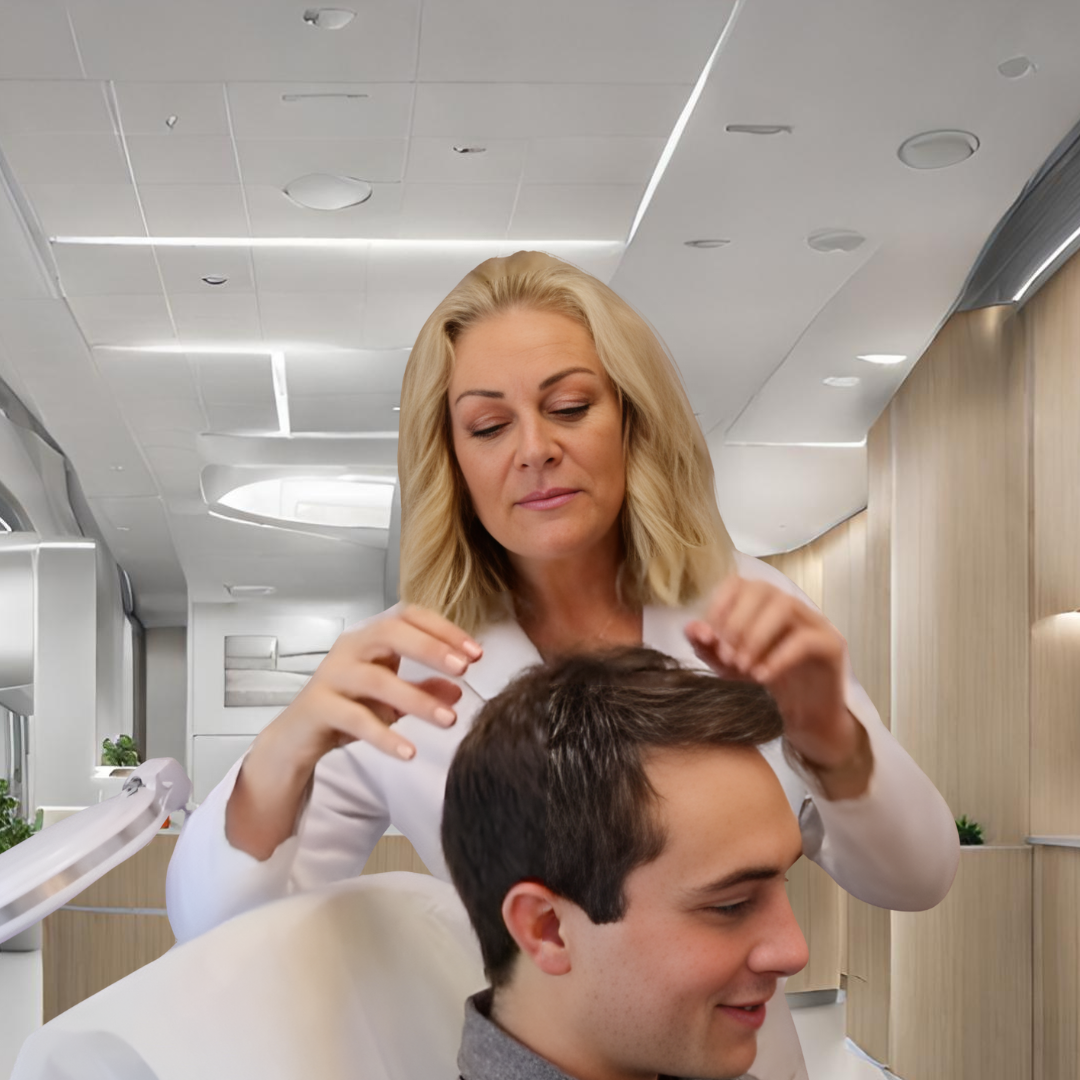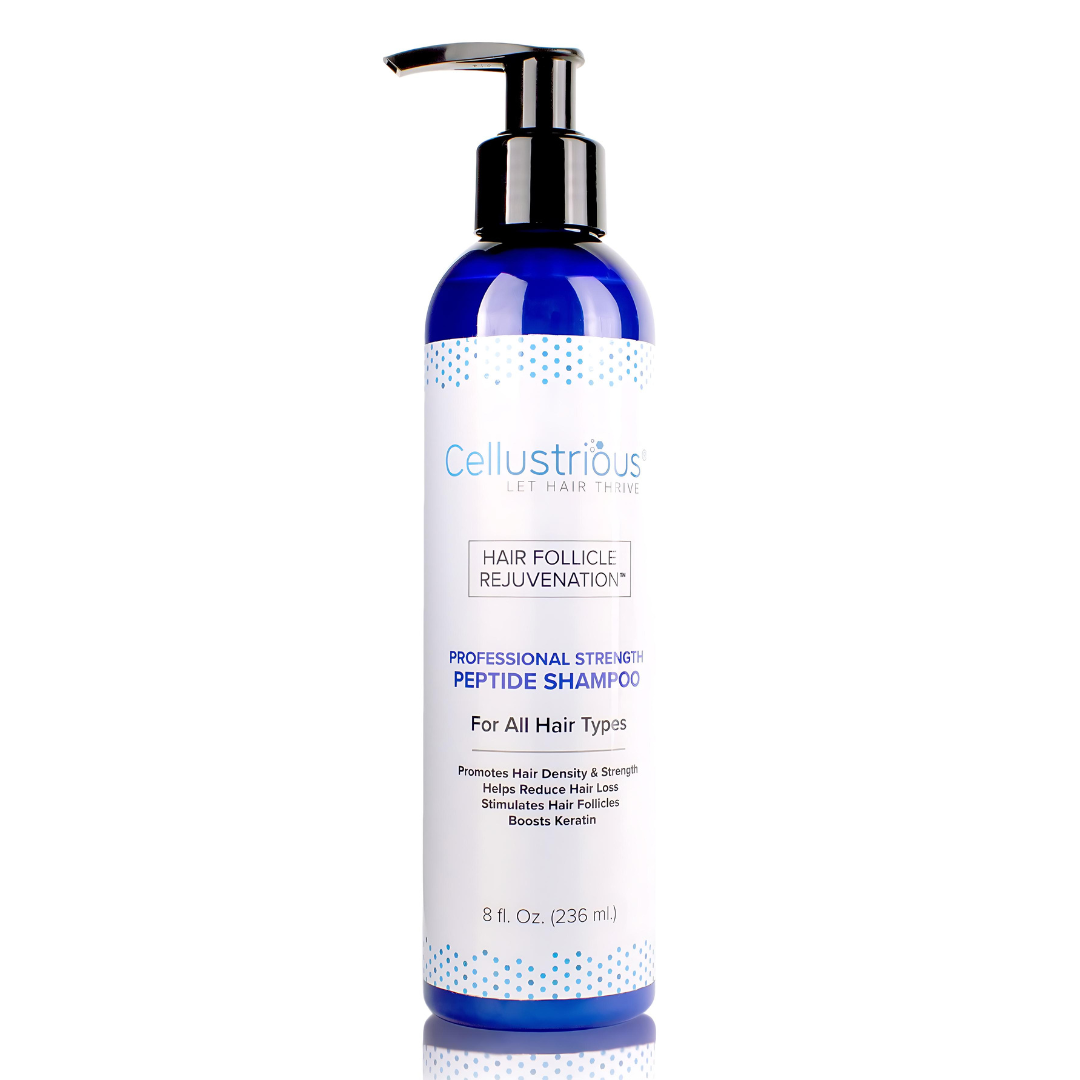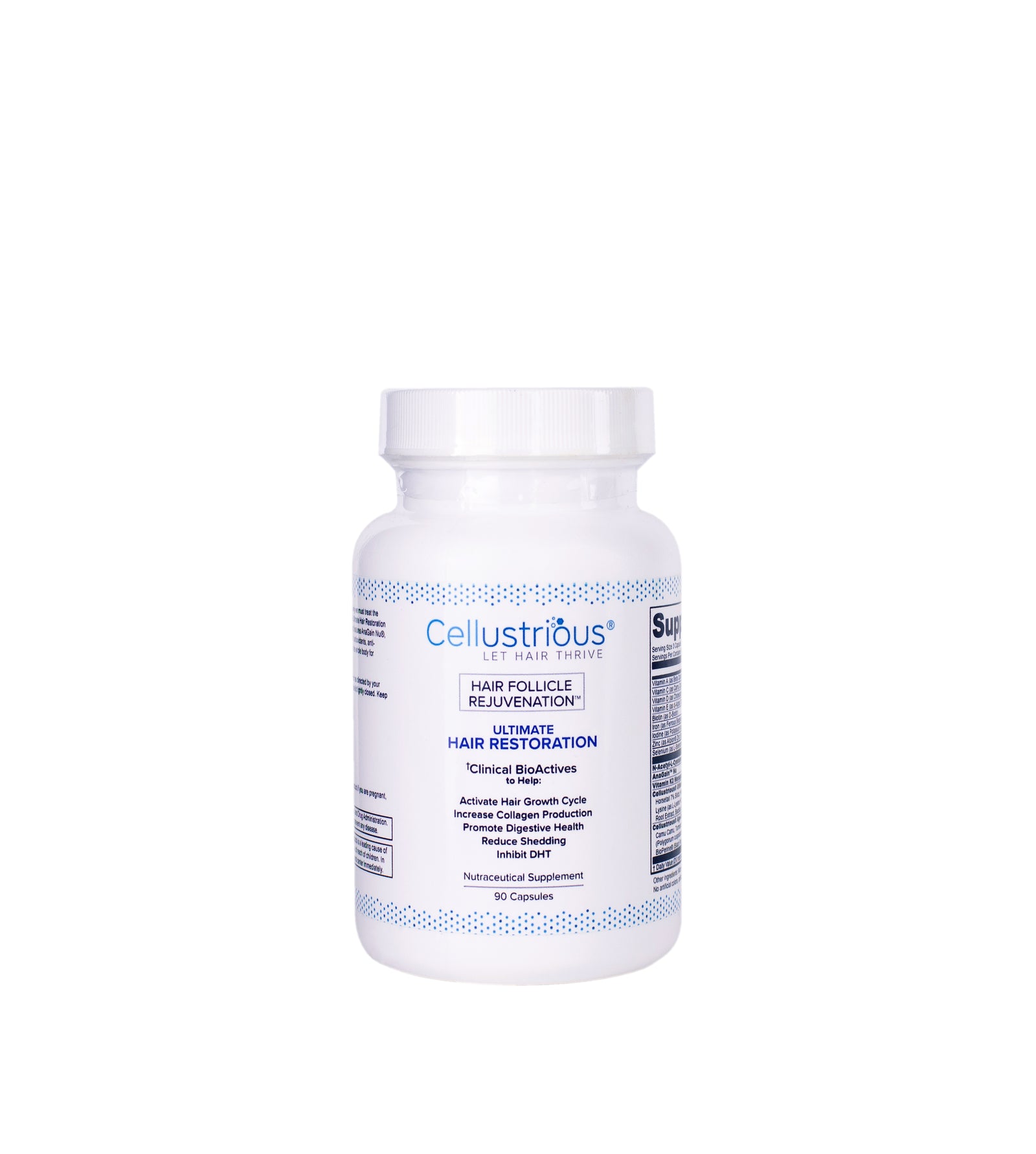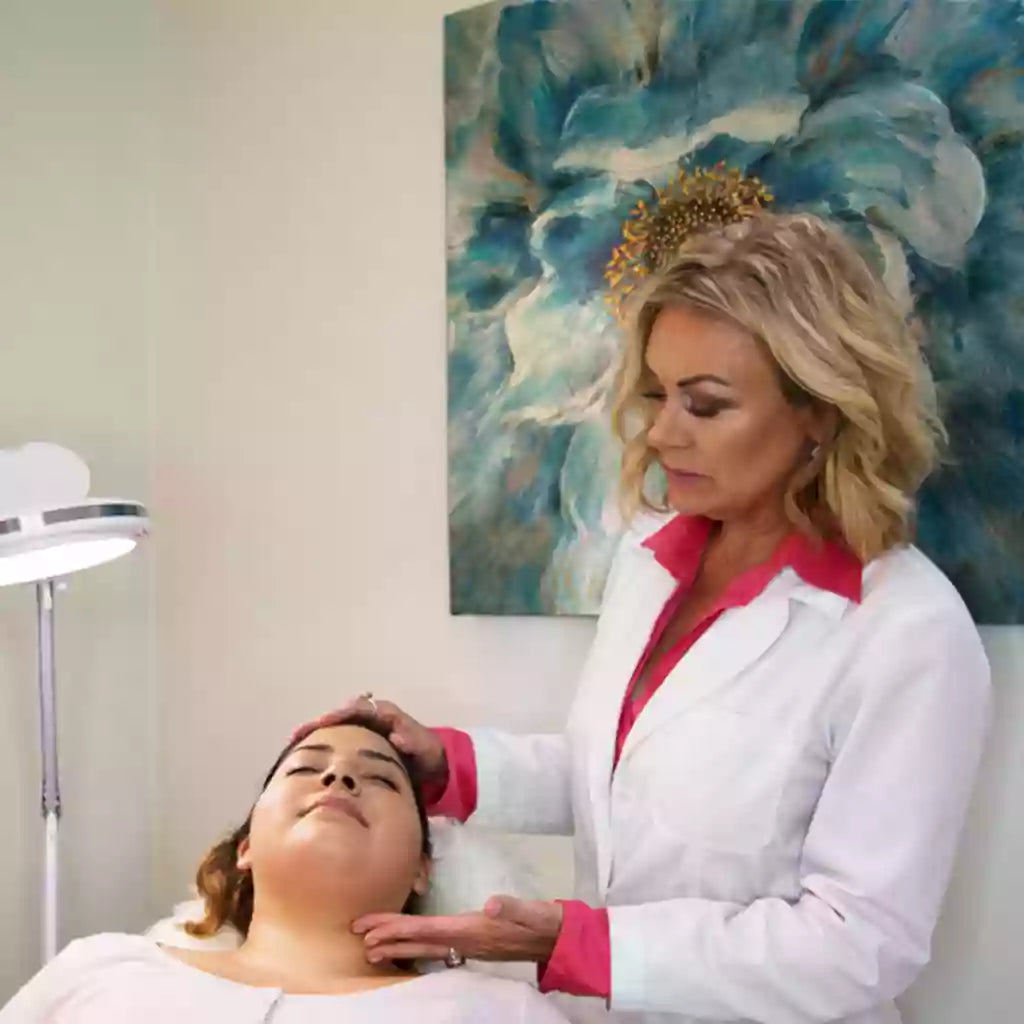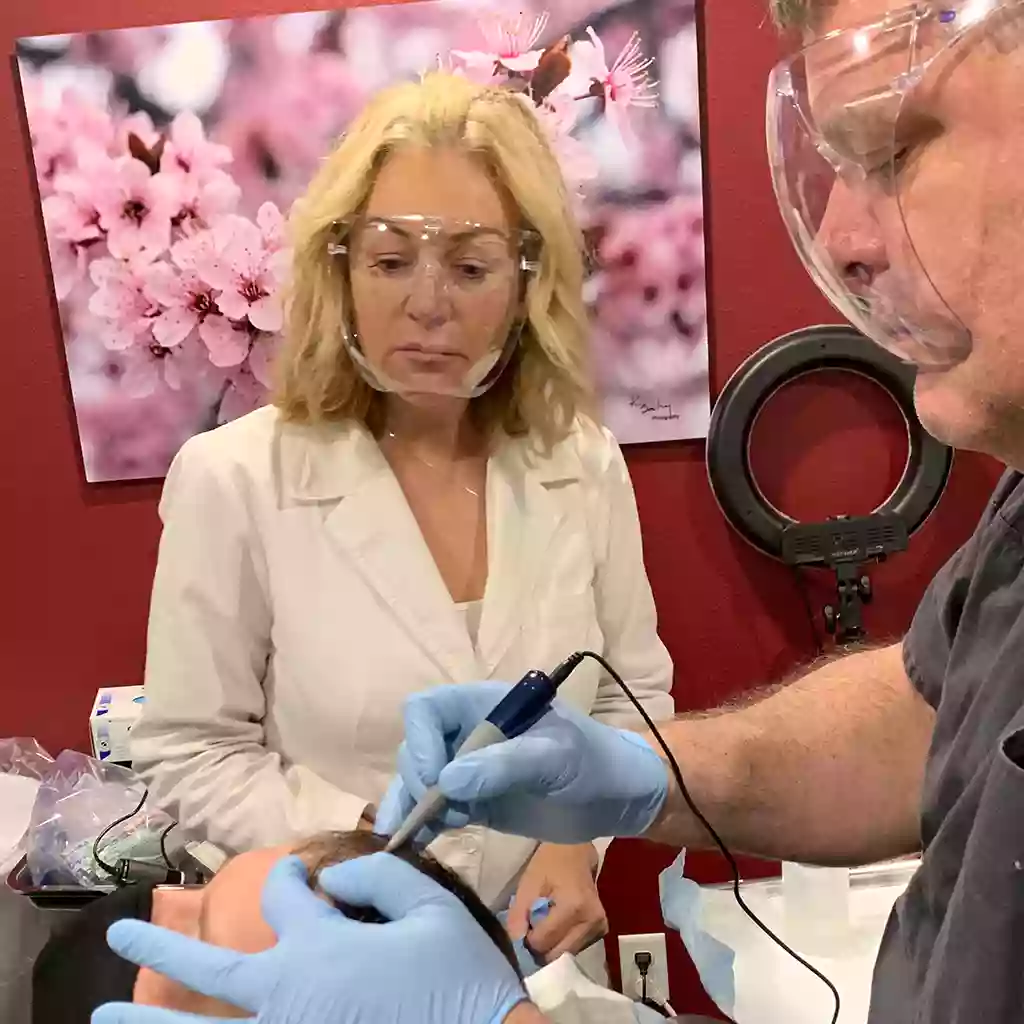COVID-19 and Hair Loss
According to doctors, one of the many unexpected, negative impacts of COVID-19, include large numbers of patients with hair loss — and not hair loss from the virus, but from the emotional stress of fighting it off.
While many people shed excessive amounts of hair after undergoing a stressful experience, such as surgery, an illness, or psychological trauma, the stress of trying to avoid a crisis can be just as harmful to the body, or hair.
In fact, the emotional stress from financial strain, job losses, or actual deaths of family members as a result of the pandemic are side effects many of us are starting to notice.
According to Dr. Shilpi Khetarpal, associate professor of dermatology at the Cleveland Clinic. “There’s many, many stresses…surrounding this pandemic, and we’re seeing hair loss, because a lot of the stress hasn’t gone away.”
A July 2020 Indiana University School of Medicine surveyed 1,567 about post-Covid symptoms, and 27% reported unusual hair loss. While for most patients, the condition is temporary, it could last months.
The average person sheds 50-to-100 hairs per day, but interestingly, the increase in shedding begins several months after the crisis – so a person may not experience the loss until things in their life have calmed down. The two types of hair loss the pandemic seems to be triggering are telogen effluvium and alopecia areata.
Telogen Effluvium
In a healthy hair cycles, most of the hairs are in the growth (anagen) phase, with a small percentage in a short resting phase (catagen) and about 10 percent in a telogen (shedding phase). In telogen effluvium, there is a disruption in the cycle, causing people to shedding more, and grow less. Up to fifty percent of hair might move directly from the anagen phase to the skip ahead to the shedding (telogen) phase, leaving only 40 percent of the hair in the growth phase.
Telogen Effluvium is more common in women after pregnancy, and it typically lasts about six months. However, if a stressful situation persists or recurs, people develop a chronic shedding condition.
Alopecia Areata
Alopecia areata, is another condition that appears to be on the increase now. Alopecia areata is triggered when the immune system begins to attacks the hair follicles – starting with a patch of hair on the scalp or beard – and it is closely tied to and exacerbated by psychological stress.
It is not exactly known why stress triggers these hair loss conditions, in both women and men, but it might be connected to inflammation caused by increased levels of cortisol, the stress hormone, or how the inflammation affects the blood supply. In Covid patients, the elevated immune molecules may be linked to alopecia.
The difficulty is that stressing out about hair loss, can cause more stress, and ultimately, more hair loss. I personally, see this often in my own practice. Women and men, who are losing their hair, begin to obsess about losing more hair, creating more upset, increased cortisol, and ultimately, the potential for more hair loss.
The Four Keys to Healthy Hair
I like to remind people that “hair loss is the symptom; hair loss is not the diagnosis.” If we take care of the four major components to a healthy body, a healthy head of hair will follow. Those four components include a healthy microbiome, a healthy lifestyle (reducing stress is key), diet, and addressing scalp and internal inflammation. If you’d like to learn more about how hair loss, whether it’s alopecia areata or telogen effluvium can be helped, contact Misti Barnes at 727-231-6689 or email us at info@cellustrious.com

